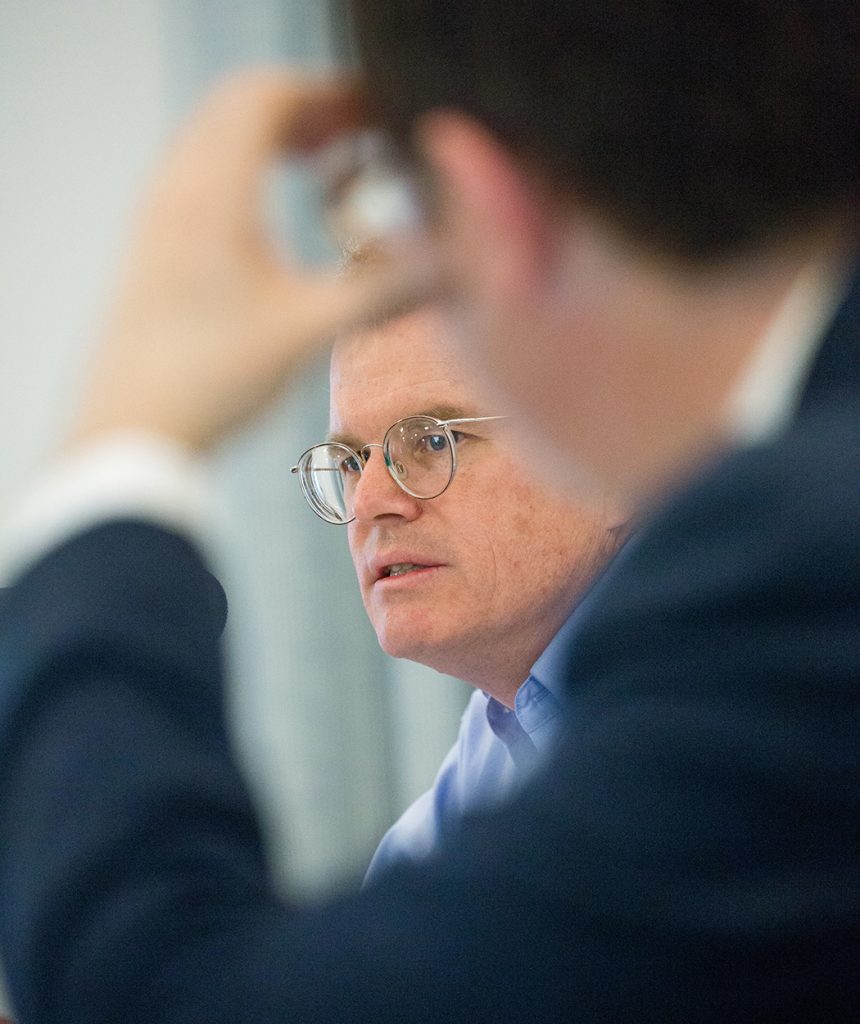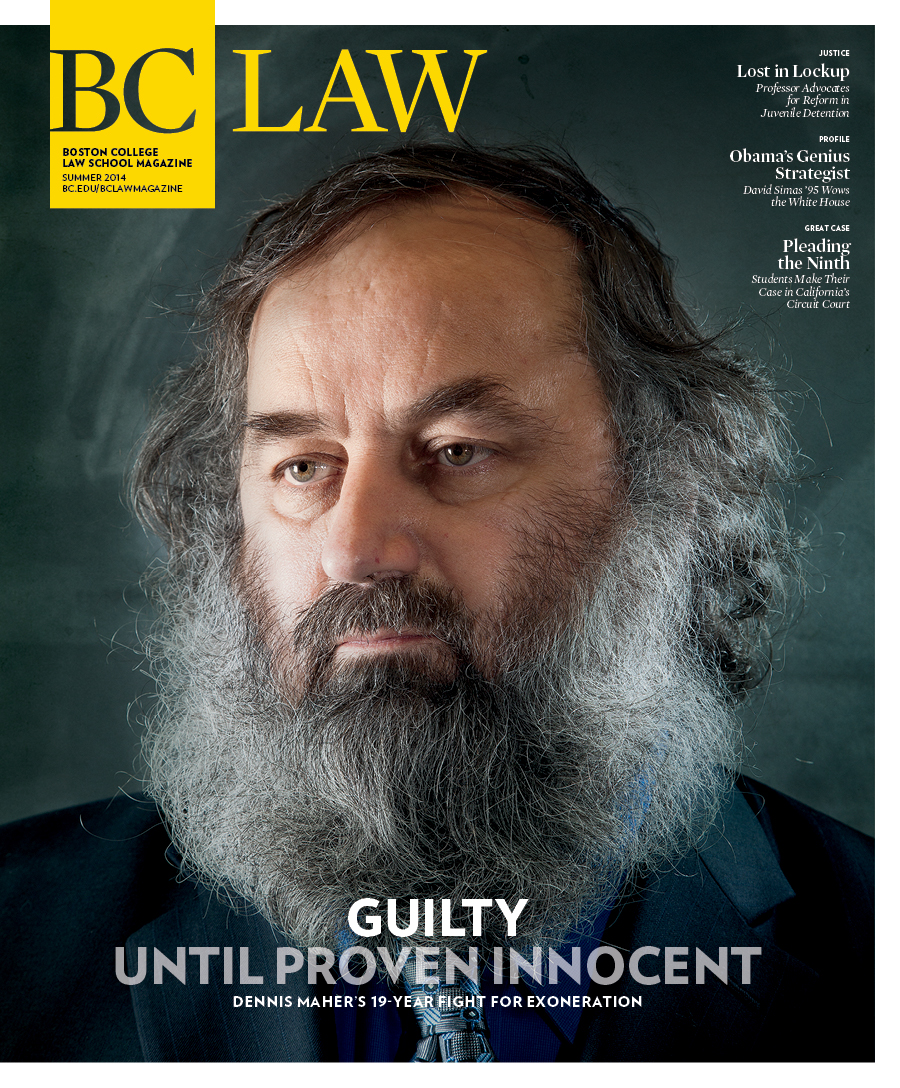Legal scholars, activists, NGO representatives, and former government officials gathered at a Boston College-sponsored conference in May to continue the discussion of a new draft convention on the rights of people who are deported or forcibly expelled.
The conference was hosted by the BC Center for Human Rights and International Justice Post-Deportation Human Rights Project (PDHRP) with support from the Clough Center for the Study of Constitutional Democracy.
The draft was developed by Professor Daniel Kanstroom, associate director of the Center for Human Rights and International Justice, and PDHRP supervising attorney Jessica Chicco to define basic procedural and substantive rights for deported persons, many of whom have no legal recourse and face the prospect of severe human rights violations.
Conference participants—who included faculty from BC, Harvard, Oxford, King’s College London, Northwestern, and other institutions, as well as representatives from such organizations as Human Rights Watch, the National Immigration Center, and the Center for Migration Studies—offered assessments and recommendations for the draft convention, and discussed moral, political, and legal bases for deported or expelled persons to claim enforceable rights.
“The most basic purpose of this draft convention is analogous to the creation of the idea of a ‘refugee’ in the 20th century,” said Kanstroom after the conference. “Our contention—based on years of representing people facing deportation and after they have been deported—is that we are living in the midst of a massive, harsh, global social experiment with deportation that is unprecedented in its scope and its severity. “The deported should be seen as a cognizable legal class of people with specific, enforceable rights claims.”
Organizers said that, in addition to further iterations of the draft convention, planned follow-ups to the convention include model bi-lateral treaties, a Wikipedia site, and a book project.



